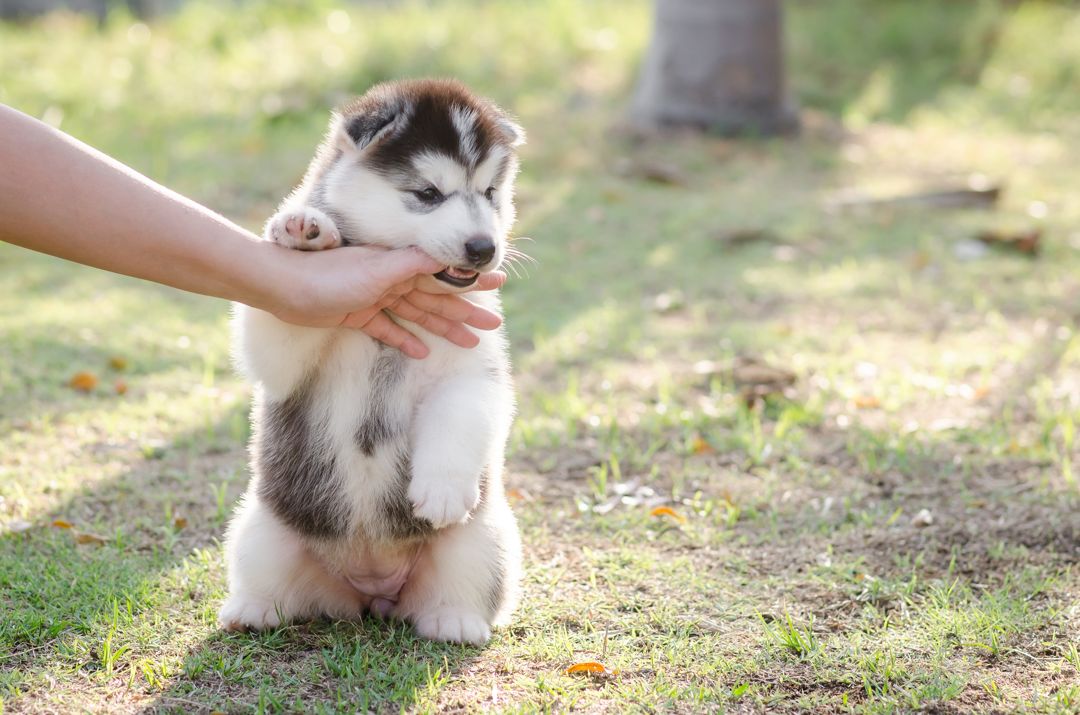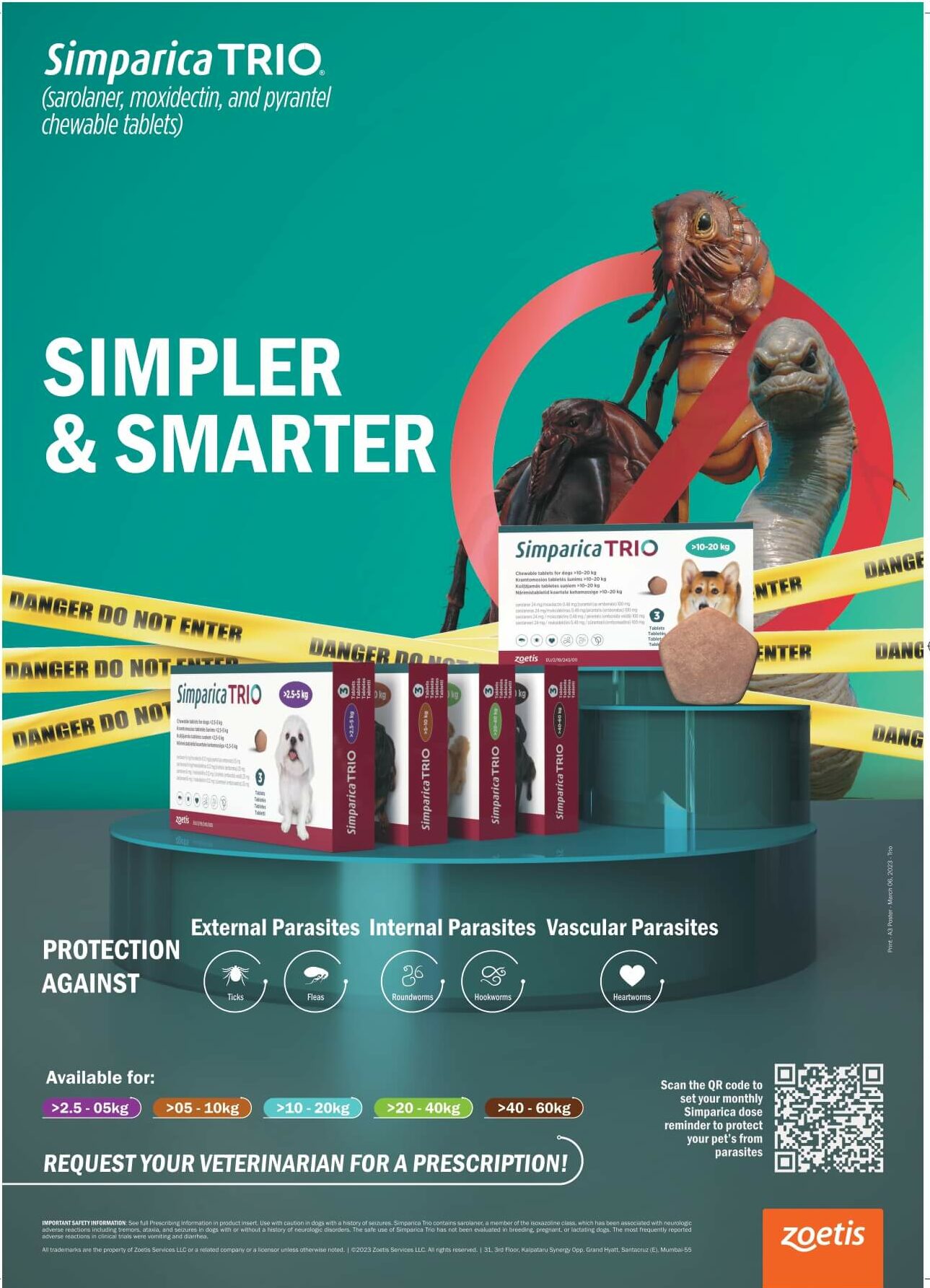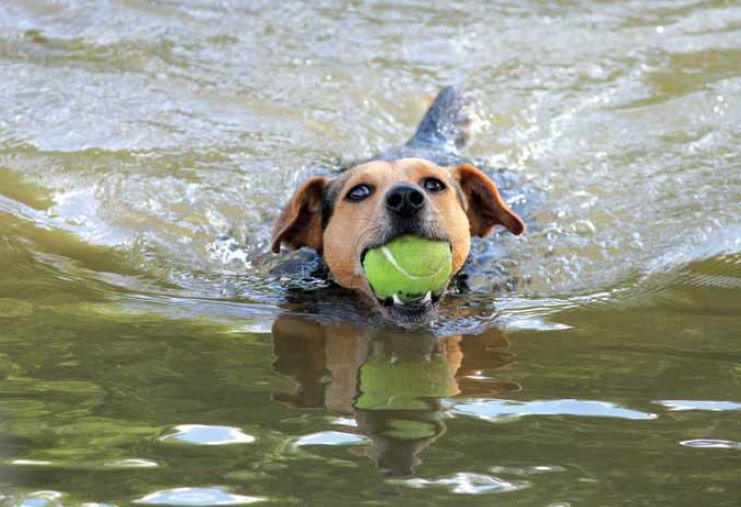
If we do not take the time to train our dogs and educate ourselves, we will both be frustrated and not nearly as happy as we could be.
New Delhi, October 5, 2019: When we bring a dog or puppy into our homes and our lives, we are asking them to change much of what is natural about their existence. We not only need to teach them how to fit in, but also teach ourselves about their needs, so that we can learn to accommodate them and adjust our expectations to make the best possible situation for both species; dog and human. If we do not take the time to train our dogs and educate ourselves, we will both be frustrated and not nearly as happy as we could be.
Now, there seems to be a great misconception that positive trainers never like to say no to their dogs and allow them to get away with negative behaviour. As you said, there is also a misguided belief that positive trainers only teach by stuffing food into dogs’ faces and that they lack the skills to truly rehabilitate severe problem behaviours such as aggression. Positive training, which rewards and motivates a dog for good behaviour, is what all dogs need as it allows you to foster a relationship with your dog based on mutual trust and respect instead of fear and intimidation. The most effective teachers are those who can influence behaviour in their dogs without the use of force and work through any problems in a humane manner. Dogs that are taught using positive reinforcement methods are more tolerant, self-controlled and behave much more predictably in different situations.
The fact is that the majority of owned dogs have had no formal training – positive or Trained Dog, Happier Dog The statement “all dogs need training” is something I hear quite often and usually from dog trainers. But all the trainers around me only teach by stuffing food into dogs’ faces and I feel they lack the skills to truly rehabilitate severe problem behaviours such as aggression. I don’t know whether I should get my German Shepherd trained at all. Since dogs are now sharing our homes and our lives in ever closer ways, it is more important than ever that every dog be given a good canine education. Doing so will prevent thousands of dogs being surrendered to shelters due to behavioural issues that could have been prevented. Investing the time to teach your dog will make living with him easier and that investment could also save his life. Here are some reasons you should train your dog:
To build a positive relationship:
One of the best ways to build a healthier relationship with your dog is to understand how your dog learns and uses the principles of positive training to make learning as rewarding, successful and easy as possible. Punitive trainers believe that in order to achieve so-called ‘balance’ with your dog, you must first teach him who is boss by becoming his ‘alpha’ or ‘pack leader’. This approach is doomed to fail from the start because the methods used to establish this dominant status are physically and psychologically damaging to your dog and dangerous for you.
To Teach Life Skills:
Every dog needs to learn how to live successfully in a home environment. Domestic dogs might seem to have an easy life compared to their wild counterparts, but living in a human world comes with certain unique pressures. Teaching your dog basic manner skills and providing him with enough mental enrichment and physical exercise will prevent him from developing anxiety and other stress related behaviours such as destructive chewing, inappropriate barking and aggressive display. An important part of the learning process is to set your dog up for success by managing his environment and making it easy for him to do well. This begins with understanding how your dog copes in certain situations. For example, if your dog is highly social and loves new people coming into your home, teach him to greet without jumping or overwhelming your guest as they enter. If your dog is wary or fearful of new people, take pressure off him by putting him behind a baby gate or in his own room as they enter. This will help keep stress at bay and your dog emotionally stable. Space is vitally important for dogs that are socially inexperienced or fearful, and managing your environment to reduce pressure keeps everyone happy and safe.
To Increase Sociability:
Increasing your dog’s enjoyment of social interaction will give him the confidence to deal with the pressures of domestic life. Training your dog to have good manners and behave well in different situations requires effort, but consistent commitment ensures success. We have high expectations for our dogs, encouraging them to be friendly with everyone they meet, even if they are uncomfortable in certain situations. It is therefore vital to socialize your dog by giving him good experiences in the presence of all kinds of people, animals and environments. Doing so at a young age will give him confidence and lessen the chance of his experiencing anxiety and discomfort in adulthood. Socialization does not mean your dog has to always physically touch another dog or a person. Humans ‘socialize’ all the time without physically touching each other. Exposing your dog to different situations where he can observe and ‘converse’ at a distance is as important as teaching him to accept physical touch. People are naturally drawn to interact with a cute pup and when dogs greet each other some physical touching is likely to take place. Socialization is all about keeping your dog comfortable in these social situations while taking care not to force him into a situation he might find uncomfortable. If you have the kind of dog that does not interact well with others, do not feel you need to force him. Not all dogs, like people, are social. Understanding how your dog copes will determine how far you can go and even though having a social dog is preferable in our society, it is not a failure to keep your dog out of a situation he finds uncomfortable. Observing how he copes will help you respect and understand his limitations.
To Avoid Problem Behaviours:
Training your dog builds up a language of communication between you that promotes security and comfort. The more time you invest teaching your dog to live successfully in a human world the more you will avoid problem behaviours that come from lack of understanding. Unfortunately, many dogs end up being punished for negative behaviour that could have been avoided if time was taken to help them learn. Many dogs respond well to cues such as sit and stay at home, but remain unprepared to deal with life’s pressures in the real world. Make sure that every cue or action has a purpose behind it. Sit is a valuable cue because it can be used before the front door is opened or before crossing a road, while come is a cue that allows your dog to be off leash but teaches him to return to you when you need.
For Loyalty and Companionship:
Positive reinforcement does not mean you do not mark your dog’s misbehaviours, just that the ‘discipline’ should be used as constructive guidance rather than as an intimidation technique. Discipline in the form of time outs, removal, vocal interrupters or simply ignoring behaviour that you do not like, are far more effective than harshly suppressing negative behaviour. Guiding your dog into making the right choices and understanding what he needs to be happy will help increase the bond between you. People who fail to give their dogs the education they need are doing them a great disservice and will have problems in the future. The learning process does not have to be costly or intense, and the more enjoyable it is for the both of you, the better the results will be.
-Exclusive Story by Buddy Life Magazine
To read more, subscribe to Buddy Life!










 " >
" >
 " >
" >